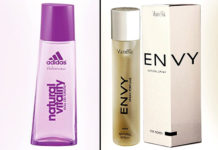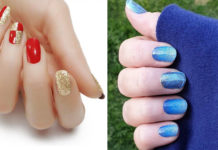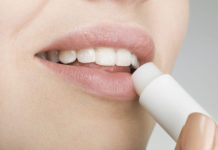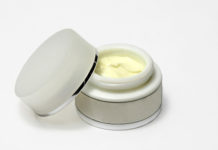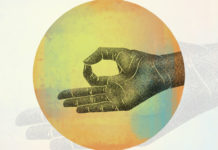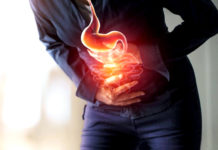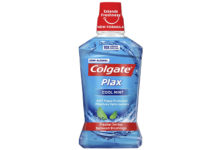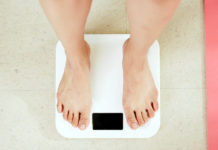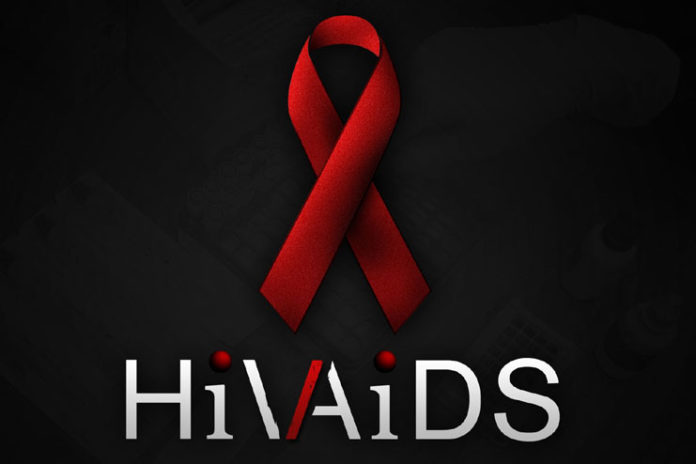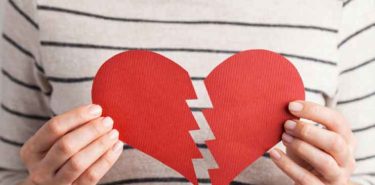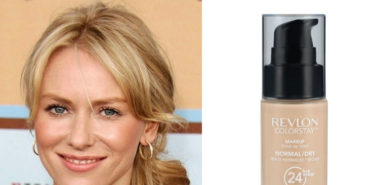Affiliate Disclaimer
Some links in this article are affiliate links. We may earn a small commission if you make a purchase through these links, at no extra cost to you. We only recommend products we find useful to our readersDealing with a disease like HIV is a difficult phase in everybody’s life. If you are a HIV positive and living with it, then you have more responsibility to deal with. You have to take care of yourself more. You have to make a major change in your lifestyle, especially with food and nutrition. It is because your body will undergo on some very special changes from the medications as well as from the disease itself. You may face some extreme situations like weight loss, diarrhea, and lipodystrophy, a fat distribution syndrome, which can change the body shape and increase the cholesterol level. So here, are some nutrition guidelines for HIV/AIDS patients, which they must consider throughout their lifetime.
Essential Guidelines For HIV/AIDS Patients
1Calories
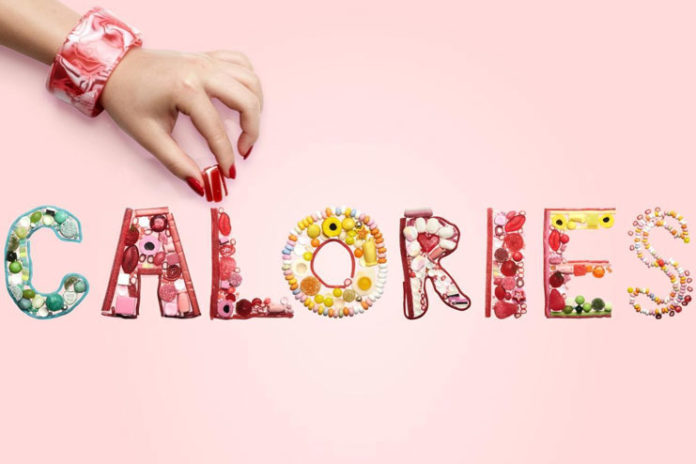
Calories are basically an energy that is present in the food and provides your body with fuel. To maintain mass in your body, you may need to increase calories, to get enough calories.
- Try to consume 17 calories per pound of your body weight, if you want to maintain your weight.
- Consume 20 calories per pound of your weight, if you have an opportunistic infection.
- If you are losing weight, then try to consume 25 calories per pound of your weight.
Top 10 Reasons On Why You Must Drink Lemon Water Every Morning
2Protein
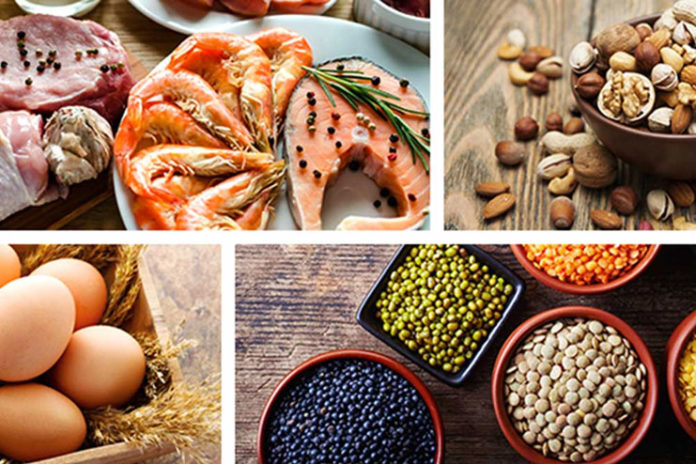
Protein can help in building muscles, organs, and also a very strong immune system. To get enough or the right type of protein;
- You must aim for 100-150 grams per day if you are a man, and 80-100 grams per day if you are a woman.
- If you are facing any problem with kidney disease, do not get more than 15% to 20% of calories from the protein; too much protein can put stress on the kidneys.
- Try to choose extra lean beef or pork, skinless chicken breast, fish, and low-fat dairy products.
- To get some extra protein, spread nut butter on the fruits, vegetables or even toast; add cheese to soups, sauces, steamed vegetables, or potatoes; you can even add canned tuna to salads or casseroles.
3Carbohydrates
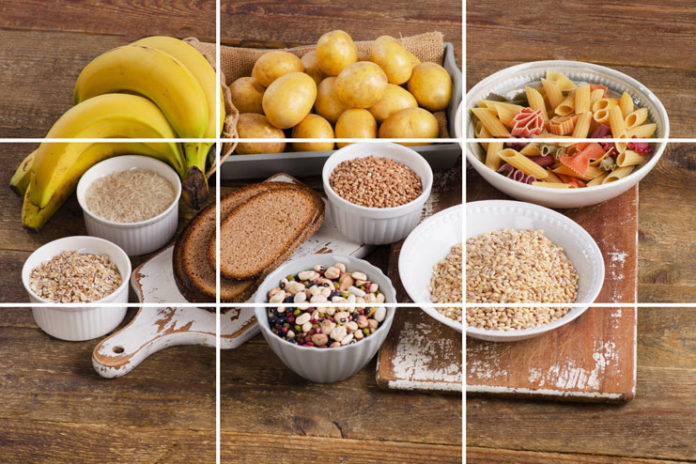
Carbohydrates can give you energy, especially to HIV patients. To get enough carbohydrates;
- Try to eat five to six servings, which is three cups, of fruits and vegetables every day.
- Choose to produce with a variety of colors to get many range of nutrients.
- Choose legumes and whole grains, such as quinoa and brown rice. If you are fine with glute, then you can have oats, whole-wheat, and barley. Try to stick with quinoa, brown rice and potato for starch sources. If you are diabetic or even pre-diabetic or have insulin resistance, then most of the carbohydrates must be from vegetables.
- Try to limit sugar consume like; candy, cookies, cake, and ice cream
4Fat
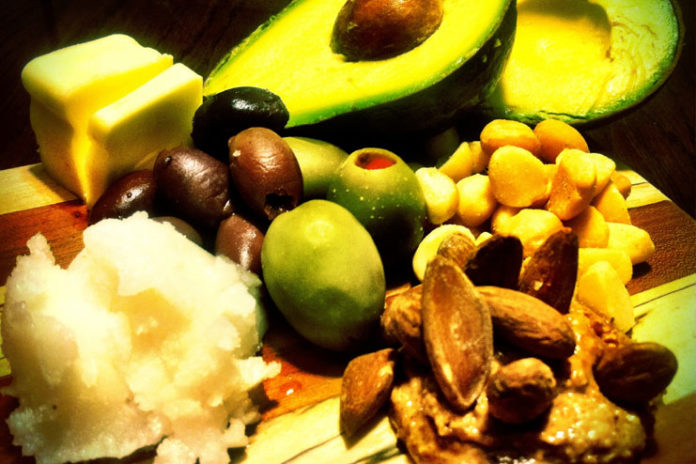
Fats can provide extra energy. You can get enough or the right type of fat from;
- 30% more from daily calories of fat
- 10% more from monounsaturated fats
Some examples are: avocado, nuts, olive oils, fish, seeds and canola oils.
- 10% less fat from polyunsaturated fats
Examples: walnuts, corn, fish, sunflower, safflower oil, flaxseed, and soybean
- You will get less than 7% from saturated fats
Example: poultry with skin, whole-milk dairy foods, fatty meat, coconut and palm oils and butter.
5Vitamins and minerals
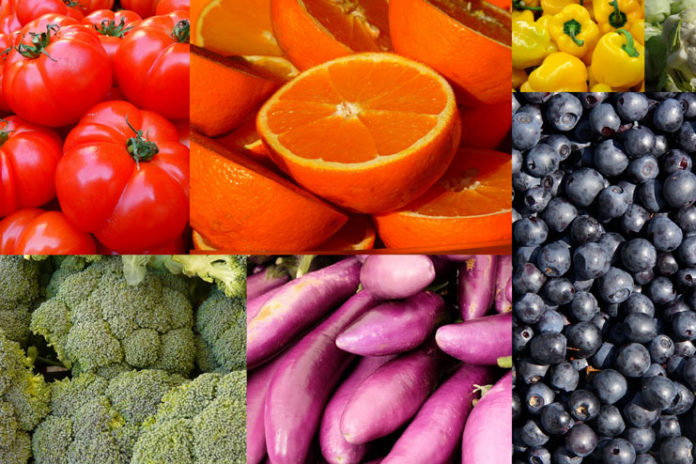
Vitamin’s and minerals can regulate the body’s processes. People who have HIV virus need extra vitamins and minerals to repair as well as heal the damaged cells. Try to eat foods high in these vitamins and even minerals, which can also boost your immune system.
- Vitamin A and beta-carotene like; yellow, dark green, orange, and red vegetables with fruits, whole eggs, liver, and milk.
- Vitamin B like; fish, grains, meat, white beans, chicken, broccoli, nuts, fish, avocados, and green leafy vegetables.
- Vitamin C like; citrus fruits.
- Vitamin E like; peanuts, green leafy vegetables, and vegetable oils.
- Zinc like; poultry, beans, meat, fish, peanuts, milk and other dairy products.
Consulting your physician is the most important part before you do anything, or even change your diet. Taking care of yourself is the most important part with the existing virus.
Breast Cancer Month; Diets To Prevent It
By –


